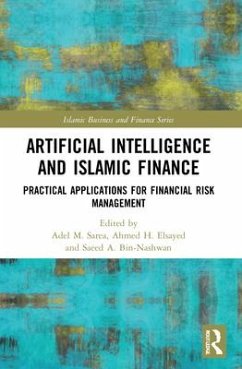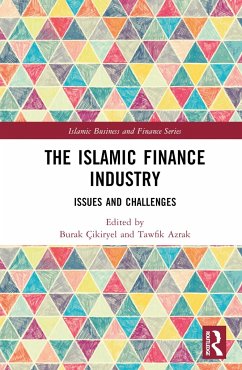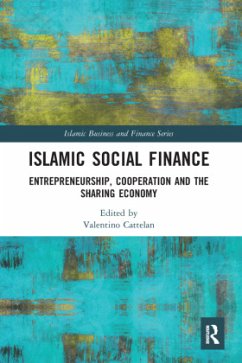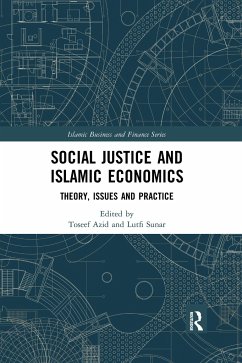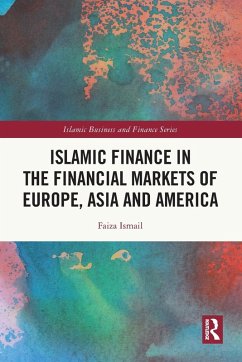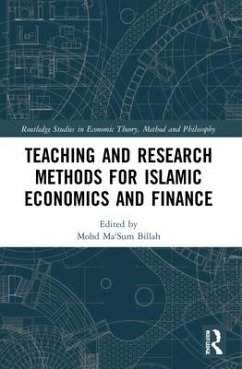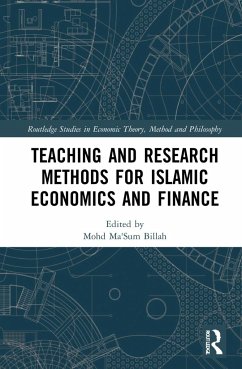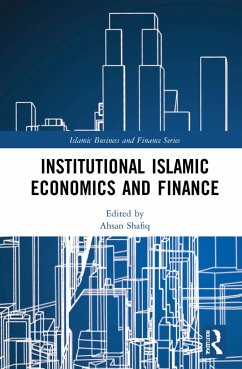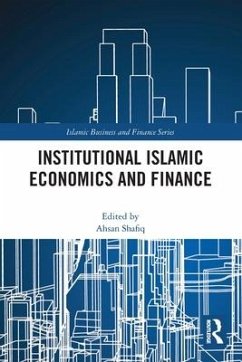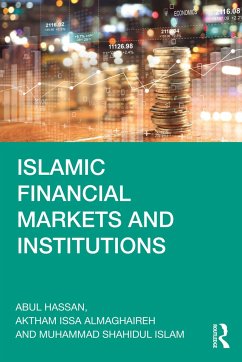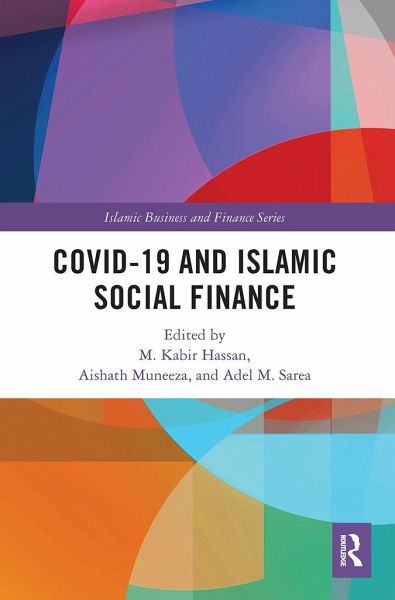
COVID-19 and Islamic Social Finance
Versandkostenfrei!
Versandfertig in 6-10 Tagen
45,99 €
inkl. MwSt.
Weitere Ausgaben:

PAYBACK Punkte
23 °P sammeln!
It is said that the COVID-19 pandemic has turned back the poverty clock. As such, there is a need to have social mechanisms put in place to provide relief to those who are affected in this regard. Islamic social finance consists of tools and institutions that could be used to alleviate poverty. This book explores the impact of COVID-19 on Islamic finance to better understand the effectiveness of Islamic social finance in helping those who have been affected by poverty overnight due to the halt in all major economic activities in the context of the pandemic.Since the struggle against poverty in...
It is said that the COVID-19 pandemic has turned back the poverty clock. As such, there is a need to have social mechanisms put in place to provide relief to those who are affected in this regard. Islamic social finance consists of tools and institutions that could be used to alleviate poverty. This book explores the impact of COVID-19 on Islamic finance to better understand the effectiveness of Islamic social finance in helping those who have been affected by poverty overnight due to the halt in all major economic activities in the context of the pandemic.
Since the struggle against poverty in each country will be different, the book attempts to shed light on the experiences of different countries by presenting successful models of Islamic social finance. The book first looks at poverty and COVID-19 before delving into the role of Islamic social financial institutions and how they have risen against COVID-19. The book concludes by examining the impact of COVID-19 on Islamic microfinance.
This book is the first of its kind on the subject of COVID-19, and it intends to bridge the gap in the literature.
Since the struggle against poverty in each country will be different, the book attempts to shed light on the experiences of different countries by presenting successful models of Islamic social finance. The book first looks at poverty and COVID-19 before delving into the role of Islamic social financial institutions and how they have risen against COVID-19. The book concludes by examining the impact of COVID-19 on Islamic microfinance.
This book is the first of its kind on the subject of COVID-19, and it intends to bridge the gap in the literature.





